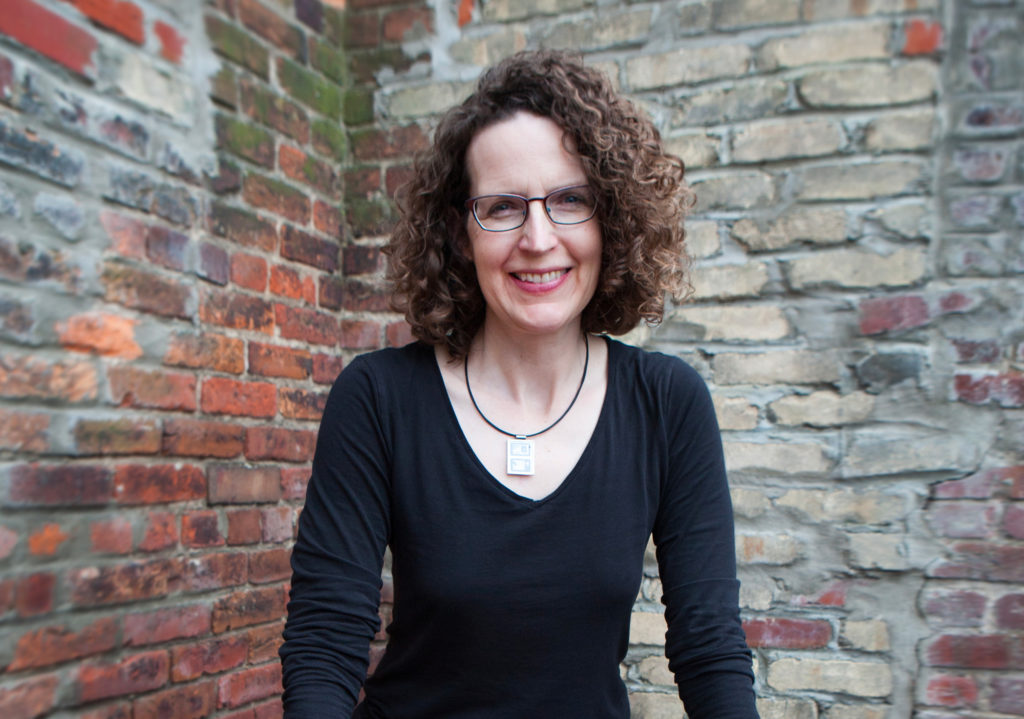I’ve been scribbling some notes for a YA story set in Washington, D.C.–not the D.C. of power and political theater but the city I know as a resident. When I say “scribbling” I really mean scribbling, with a pen, in an actual notebook (a “legendary” notebook, of all things). It’s too early to say whether this project will benefit from beginning life as hand-scrawled notes rather than as an orderly word-processing document, but I have some hopes that the jotting will jog loose some ideas. It’s good to have a home for stray phrases and fragments that present themselves. A notebook is also a good place to ask yourself questions, which can feel slightly silly when you’re doing it in a Word doc. I’m not going to become a notebook fetishist but it’s good to have another tool in the writing arsenal. And this one doesn’t require a plug or a battery charge.
Thinking about my new story and encouraged by The Magician’s Book (see previous entry), which explores what’s right and wrong with The Chronicles of Narnia, I wrote out a list of things I loved about the adventure stories I read as a kid. Here’s what I have so far:
–absent parents (lost or misplaced, dead, enchanted, negligent). Parental figures tend to get in the way of adventure. Just ask my kids.
–adventure (defined any number of ways but I know it when I read it)
–a true friend
–a worst nightmare (sometimes a person, sometimes an action or situation)
–magic (a lot or a little)
–time travel
–another world
–a secret or a lie
–something to escape from?
–a going and a return
It’s far from a complete list but it’s helping me think through my story. Some of the best stories only have one or two of these elements; some have many. There are no fixed rules except this one: Don’t be boring.


Ben says
I love this list. Another one I’d add:
– a permeable and unpredictable barrier between our world and the next
Maybe this is already implied by “another world” and “a going and a return”? Certainly, one could see it as a hybridization of the two.
Mark says
I always liked a grownup or a potential parent substitute who may not have your best interests at heart. Long John Silver is the first to pop to mind.
David says
The Poor Lonely Outsider is pretty common, from Harry Potter to Charlie Bucket. Also – thought perhaps it’s captured by “worst nightmare” – The Heavy/badguy features in lots of childrens’ books, from J.K. Rowling to Roald Dahl. Just read the girls Matilda, and the Trunchbull is terrifying. And wonderful. Need The Big Bad.
Carole says
Adventure stories didn’t grab me as much, and part of the problem was my sense even as a kid that I was reading a formula. But I did read one book over and over about seven times, and although it isn’t in the adventure genre per se, it has strong elements: “Nobody’s Boy” by Hector Henri Malot. Remi did have parents, just unreliable ones, and not the ones he thought he had. He also what Mark noted as the parent substitute who was better/ cooler/ more helpful. But what made the book pop for me was his sophisticated relationships with the animals of the traveling troupe to which he attached himself. It’s a road story with that twist, and I still remember it with such grand affection. Also, it gave the reader credit for being mature enough to handle some cruelty, violence, and even death of beloved characters. Sooooo good.
Carole says
I didn’t follow the instructions on the last blog post. To reduce it to what you asked for:
“Sophisticated relationships with people or animals one meets during the adventure. More than just love and hate, us and them.”
jim says
To be surprised.
To match wits with the bad guys (and the author).
To thrill at identifying with the winner and the good.
Hardy Boy mysteries (by the bushel; sometimes 6 in a weekend).
Agatha Christie novels. some Kipling stories.
By the way, I like the Simple Art of Murder, by Raymond Chandler, about his view of mystery short stories. You might like it.
JHoward says
I’ve been on the road and awash in journalism this week, so I’m slower to respond than I wanted to be. Thanks for all the comments. They’re great additions to my list.
Ben’s right: A permeable barrier between this world and another (or between humdrum and magic) drives a lot of the best of these stories. Let’s face it–who doesn’t just want to get the heck out of Dodge now and then?
Mark’s astute comment makes me think of a case in which characters who only seem to be acting in loco parentis actually turn out to be real parents–and not such reliable ones. I’m thinking of Lord Asriel and Mrs. Coulter in Philip Pullman’s His Dark Materials trilogy.
David: Ah, we do love the Big Bad, don’t we? Why is evil so charismatic?
Carol: I don’t know the book but it sounds great. And sophisticated relationships with talking animals always get my vote.
Jim: The element of surprise! A great addition. So is matching wits with the bad guys and the author. That’s the link between adventure and mystery, I guess.
Carole says
Not in print so much anymore, but I found it on Kindle for a buck:
http://is.gd/fF14w
There is a street named for the author in Paris, Rue Hector Henri Malot.